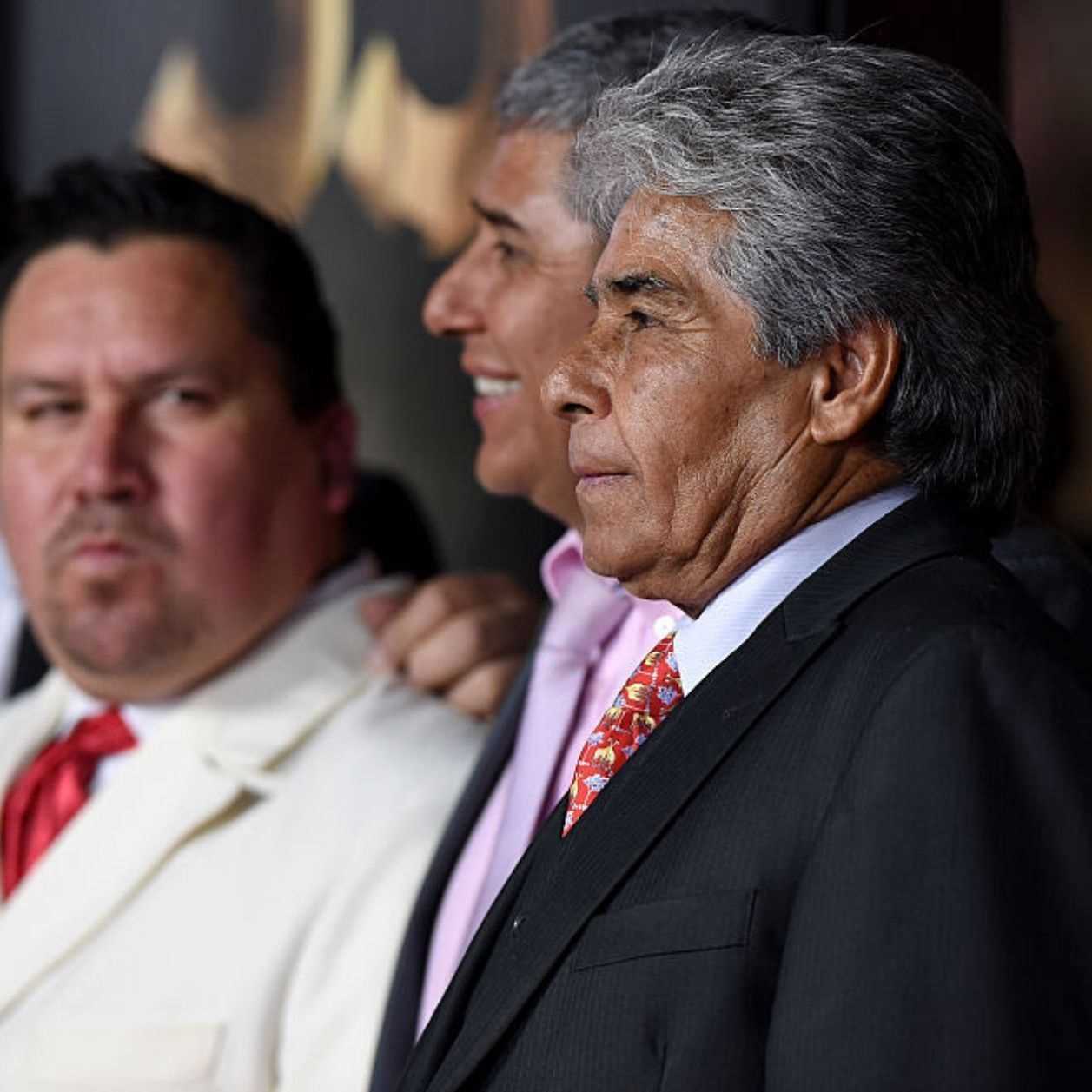Chilean miners who remained underground for 69 days in 2010 and survivors of a plane crash in the Andes in 1972 gave their advice to the population to better support the confinement.
"Do not give up, a sense of humor is very important. Put your house in order. Set up a routine so you don't get bored. There are plenty of things to do !", Mario Sepulveda explains to AFP to cope with the confinement due to the Covid-19. The latter is one of the 33 Chilean miners, famous for their epic rescue 600 meters underground, after 69 days underground in 2010, in an old copper mine in the Atacama Desert, the driest on the planet.
Those confined to the coronavirus epidemic can thus listen to the recommendations of the minor who knows what he is talking about.
"Let’s be obedient, it’s super important. It’s not a political problem, but a health problem", adds the man.
One of his colleagues remembers one essential thing: camaraderie!
"We were in a fairly critical and serious situation. We had no way out, there was no way out of there"says Luis Urzua. He was the team leader on August 5, 2010, when a landslide blocked him and the other workers at the bottom of the mine. He was the last to be saved, October 13, 2010 .
"We have shown a lot of camaraderie, we have discussed a lot. We discovered the work and tasks of the other comrades. Another thing that helped us a lot was praying. Ask God not to help us, but to help people (outside) to find the strength and the will to try to find us, "he said.
The Uruguayan survivors of the Andes air tragedy in 1972 also wanted to express their feelings about this period of health crisis. The journey "survivors of the Andes", who spent 72 days in the snow and used anthropophagy to stay alive, has been told thousands of times, resulting in books, documentaries and a feature film.
"There is a big difference between these two quarantines, to call them that. The one I experienced was (more than) 70 days in the Andes Cordillera but without any resources: minus 25 degrees, no food, with nine dead around us, at altitude, without radio, nor means of communication . And I was 18", said Carlos Paez, is one of the 16 survivors of the plane, which had 45 people on board.
"The only thing to do is do nothing. You are told to stay home and wash your hands. And you have all the amenities: television, Internet and dining. There is nothing to complain about. In the mountain range, we were fighting against a tangible enemy, the mountain, the snow, the cold and now we are fighting against an invisible enemy, which generates some uncertainty", he continues.
Respect the sanitary directives
Carlos Paez insists that we must listen to the government and try to "to be obedient, because I want to live".
"But I fight against arrogance, I try to be humble and obey. The message is clear: stay at home and wash your hands. It's simple," he said.
Another of these survivors, Roberto Canessa, 67, in turn advises to find something to do, a project for example.
"This is what I did in the Andes. I worked all day so as not to think and feel anxiety", he explains.
This cardiologist is currently participating in a project in Uruguay which aims to transform manual resuscitation breathers into mechanical artificial respirators to respond to a possible shortage of these devices in the event of an explosion in the number of Covid-19 patients in this small country of 3.5 million inhabitants.
